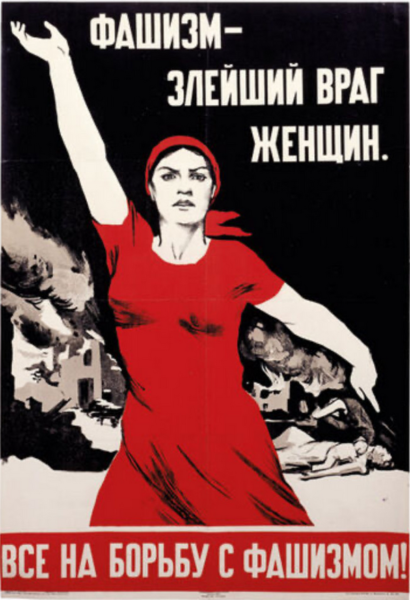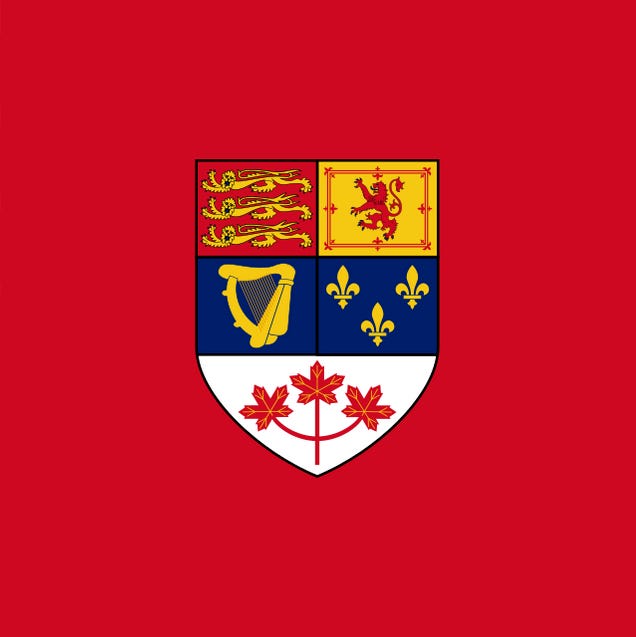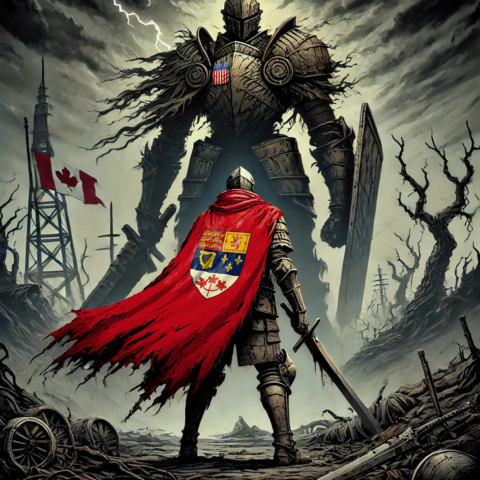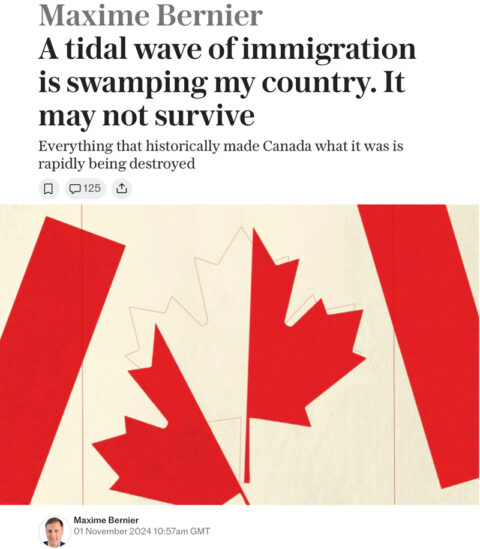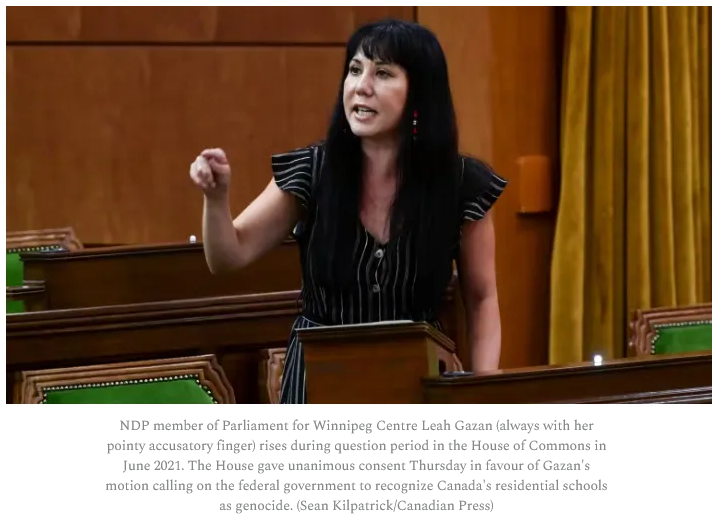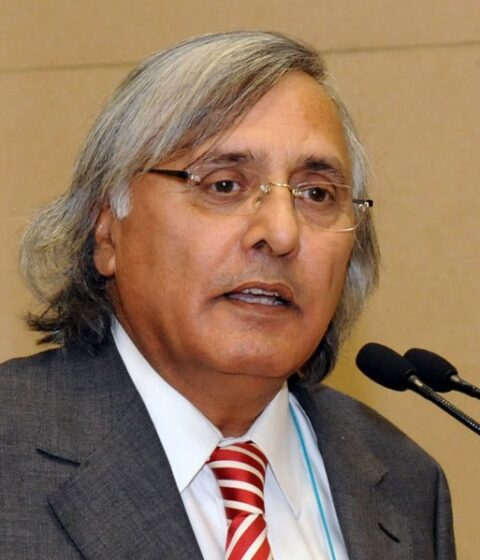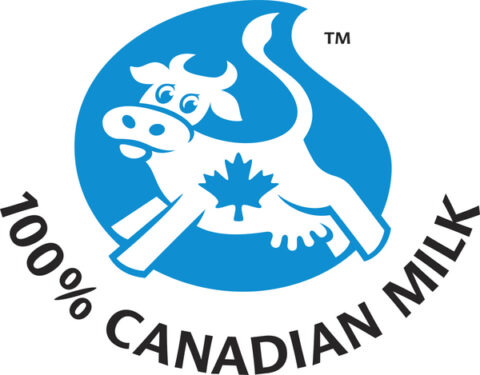The Hub provides an edited transcript of what retired Lieutenant General Andrew Leslie (and former Liberal whip in the Commons) said to the Standing Committee on National Defence earlier this month, which shows very clearly where national defence ranks in Justin Trudeau’s world:
My intent is to offer some criticism of the status quo so that we can learn and then perhaps some sort of question period to get into some solutions. Essentially, in my opinion, “Strong, Secure, Engaged“, the precursor to the current defence policy, delivered nothing substantive in terms of modern military equipment, which saw Canada, in fact, become weaker, more insecure, and essentially absent from the deployable stables of troops required for either United Nation missions, or, of course, NATO.
The 2024 defence policy update of “Our North, Strong and Free” is no better, unfortunately, in that it promises some urgently needed equipment years from now, but nothing today. Indeed, the 2024 defence spend will be less than that of 2023. Of course, we’re well aware of what just happened down [in the] United States. Both Republicans and Democrats are united and increasingly vocal about telling Canada how disappointed, frustrated and fed up they are with Canada’s failure to defend itself and their allies, with a special mention on the Arctic.
Meanwhile, as we know, and I was involved in the last NAFTA renegotiations, that’s coming due at a time when a variety of key players down south have articulated clearly the base of 3 percent [of GDP spending on defence] looms on the horizon, and how defence, security, trade, and border security are all intertwined. At this time of crisis internationally, with what’s happening in the Middle East, in Ukraine, Canada’s military readiness is at its lowest level in 50 years. Canada spent last year, in 2023, more money on consultants and professional services than it did on the Army, Navy, and Air Force combined — which quite frankly, is madness.
The Army has over 50 percent of its vehicle fleets, which are awaiting spare parts and technicians. The Navy is struggling mightily — bless them — to keep elderly warships, a handful of them at sea, specifically in the Indo-Pacific, and they’re desperately short of trained sailors. The Air Force has been unable to participate in significant NATO deterrent exercises, either up north or over the oceans, in conjunction with our friends and allies, because they don’t have the pilots, the spare parts, or the money to fly the aircraft.
In the Arctic, which is many times larger than Europe, Canada has fewer than 300 military support staff who are not a deterrent — they’re essentially unarmed. Some of them are part-time, bless them, and about 1,600 Ski-Doos equipped with rifles, and Canadian Rangers who are not combatants. Their role is to observe and report.
The bottom line is that Canada has no permanently assigned combat elements to deter potential presence by the Russians or the Chinese, who are showing up in our waters with increasing frequency. But other people do. Russia specifically has between 25,000 to 35,000 combat troops deployed in their Arctic with huge amounts of operational equipment — air, land and sea. The United States, bless them, has 22,000 full-time military and part-time military professionals with more equipment than the entirety of the Canadian Forces in terms of combat delivery. So really, thank you America for defending our Arctic.
We are facing unprecedented dangers and challenges, and quite frankly, I see no sense of urgency to change, to modify, to re-guide the efforts of the government towards supporting and assisting in the Canadian Forces.
Some facts. We have less than 35 military personnel deployed on UN missions; in 2003, we had close to 2,500. We are the only NATO nation whose level of military operational readiness is going down when everyone else is skyrocketing up. We have the longest and least efficient procurement system in NATO; indeed, in any nation that I can find. We are the only nation in NATO that does not have a costed plan to get to 2 percent of GDP, which was first agreed to by the minister of defence in 2008 and reiterated in 2014, 2015, 2016, 2017, and I could go on. We are the only NATO nation whose defence minister has publicly admitted that he could not convince his fellow cabinet members of the importance of NATO defence spending, and the 2 percent GDP. And, as mentioned already, we’re the only NATO nation whose defence budget decreased this year.
Emphasis mine.


